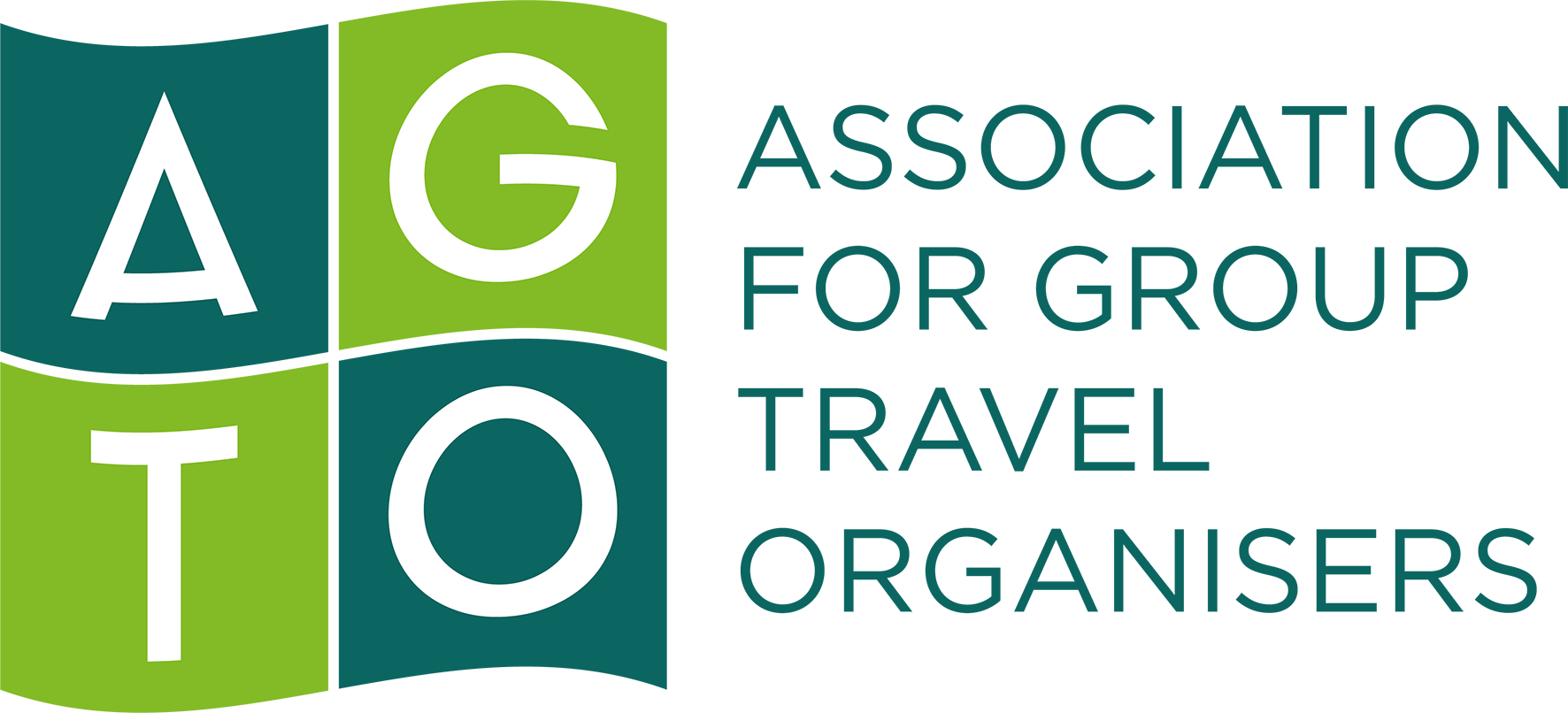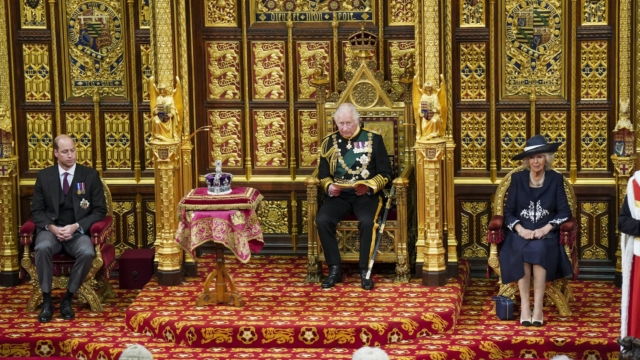Attached a copy of the lobby pack that supports the Queen’s speech. Here are some…
COVID-19 Update 20th November 2020
- LRSG Trouble Shooting
There have been a few emails regarding businesses being told that they are not eligible for the LRSG for one reason or another so here’s a few extracts from the guidance that will help if any of your members are experiencing similar problems.
-
- Q: Are self-catering properties eligible for the LRSG ?
A: Para 22 of Addendum FAQ.
Are accommodation premises eligible for LRSG (Closed) Addendum grants?
Holiday accommodation must close under national restrictions set out for 5 November –2 December. This includes hotels, hostels, bed and breakfast accommodation, holiday apartments, home, cottages or bungalows, campsites, caravan parks or boarding houses, canal boats or any other vessel unless the exemptions set out in law apply. Therefore, any of these accommodation types that are ratepaying businesses (with the property used for business and not personal use),are eligible for (Closed) Addendum grants. This includes those businesses that continue to provide accommodation in line with the exemptions set out in the national restrictions legislation.
-
- Q. Are accommodation businesses eligible for the LRSG if they are providing Accommodation for people who are exempt such as workers?
A: Para 22 of Addendum FAQ.
Are accommodation premises eligible for LRSG (Closed) Addendum grants?
Holiday accommodation must close under national restrictions set out for 5 November –2 December. This includes hotels, hostels, bed and breakfast accommodation, holiday apartments, home, cottages or bungalows, campsites, caravan parks or boarding houses, canal boats or any other vessel unless the exemptions set out in law apply. Therefore, any of these accommodation types that are ratepaying businesses (with the property used for business and not personal use),are eligible for (Closed) Addendum grants. This includes those businesses that continue to provide accommodation in line with the exemptions set out in the national restrictions legislation.
-
- Q. Are businesses that are generating some income through other activities eligible for the LRSG ?
A: Para 35 of LRSG FAQ
Are pubs that provide a takeaway service eligible for a grant under the LRSG (Closed)?
Yes, any business that is required to close the part of its business that provides its main service is eligible for a Closed Grant. This is the case even if the business adapts its business model to provide a reduced service, such as takeaways. We understand that it is not always completely clear if a business has closed the part of its business that provides its main service, however we expect Local Authorities to use their discretion and make this judgement based on their local knowledge.
-
- Q. If we can undertake work from home, are we entitled to the LRSG ?
A: Para 31 of the Addendum FAQ
If a business is forced to close its property, but employees can work from home, can it receive a grant?
If, by closing the business’s hereditament, the business is prevented from providing its main service, then it will be eligible fora LRSG (Closed) grant, even if it is able to provide an alternative service through home working. However, if the business can continue to provide its main service through homeworking, then it will not be eligible, but may be able to receive funding through the LRSG (Open) or Additional Restrictions Grant.
- Consensus Statement on Mitigating Risk to Staff, especially Ethnic minority Groups
PHE, HSE and FOM have published a consensus statement on the best approach for businesses to reduce the risk of coronavirus for their workers, including those of ethnic minority groups. The core message in this statement is that:
-
- It is the employers’ duty to manage risk in the workplace. Employers have a legal duty to protect all workers from harm by delivering workplace risk management for all staff, regardless of ethnicity or diversity. In this case, an equitable approach recognises that staff may have a variety of baseline risks (for example, their age, sex, deprivation, obesity and diabetes) and, where appropriate, this needs to be considered in the workplace risk management discussion.
It is therefore important that your members, when developing and implementing Covid risk management strategies, recognise the different members of staff have different risk levels and adapt their strategy accordingly.
- New VAT Deferral Scheme
Businesses that deferred VAT between 20 March and 30 June 2020 have been required to pay the deferred VAT in full on or before 31 March 2021. However, the Government has announced that businesses will be allowed to opt into a new VAT Deferral scheme next year whereby any deferred VAT can be paid in up to 11 installments over the course of the year so that the total deferred VAT is paid by March 2022. The online opt in process will be available in early 2021.
https://www.gov.uk/guidance/deferral-of-vat-payments-due-to-coronavirus-covid-19
- Update to Lockdown Guidance
The primary guidance on the lockdown has been updated but annoyingly, there aren’t any notes on what has actually been updated – although I can see that they have added a small section clarifying that people can leave to provide voluntary or charitable services, where they cannot do this from home.
https://www.gov.uk/guidance/new-national-restrictions-from-5-november
- R Number and Growth Rate
Latest R number range and growth rate have just been published and are, respectively 1.0-1.1 and 0% to +2%. This is down from the beginning of the lockdown period when they were 1.1-1.3 and +2% to +4% which shows that the lockdown is having the desired effect on transmission rates
https://www.gov.uk/guidance/the-r-number-in-the-uk
- Principles Of Safer Singing
As a last bit of guidance for the week, the Government has published Guidance on how to sing safely. The principles are:
-
- As required by national guidance, people with symptoms suggestive of COVID-19, or who are known to have been in recent contact with others who have COVID-19, do not participate in singing or attend singing events.
- Singing takes place only in larger well-ventilated spaces, or outdoors.
- Performance or rehearsal is for limited periods of time at a reduced level of loudness, using microphones for amplification if available.
- Limited numbers of people sing together.
- Singers are spaced at least 2 metres apart in all directions (at least 1 metre apart if the additional measures or controls recommended in government COVID-19 guidance for the performing arts are applied).
- If your name is Kurt, it’s safer for everyone if you don’t sing at all


